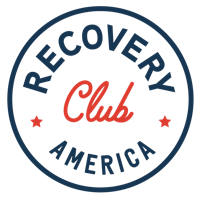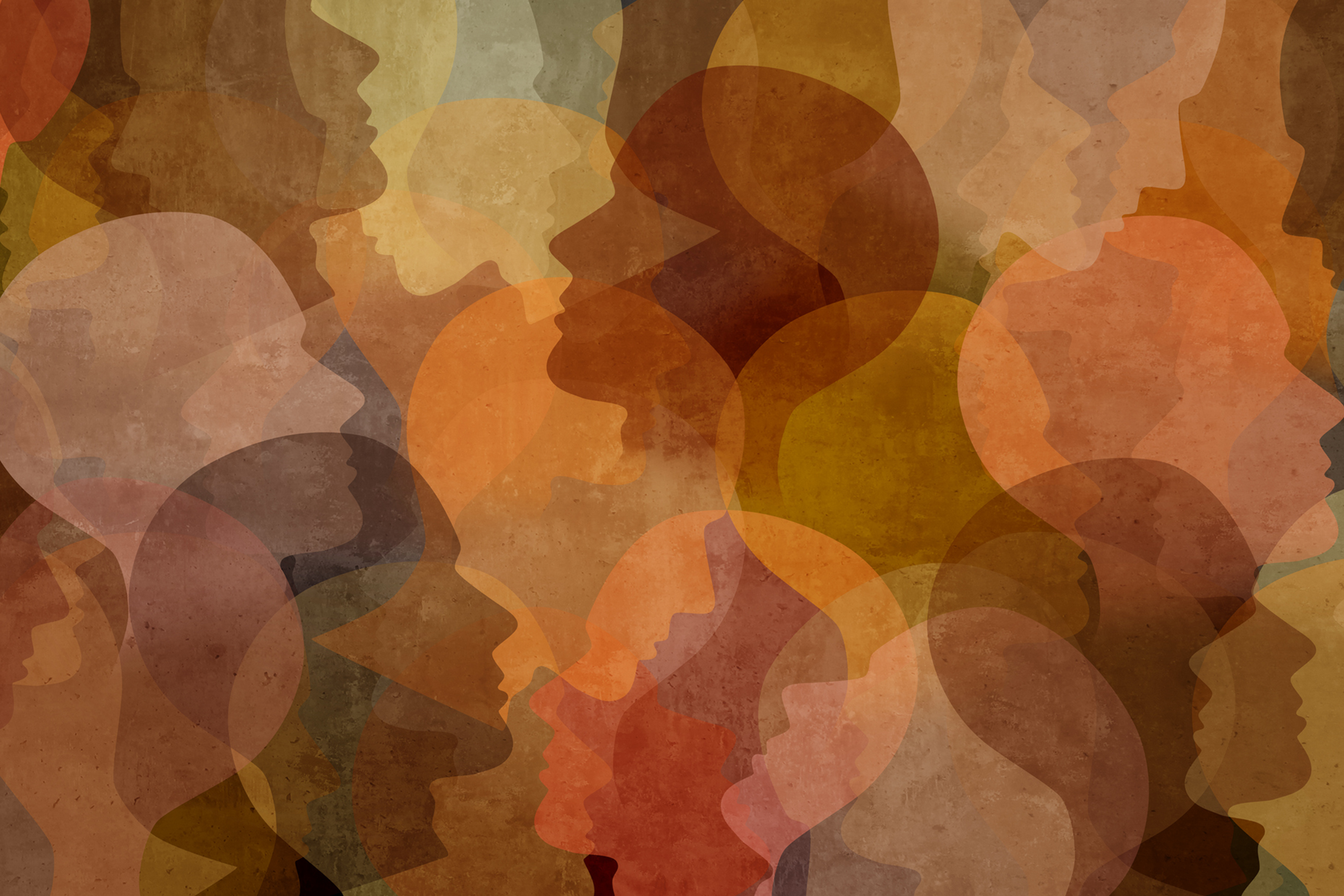The stigma of dealing with a mental health issues is an ongoing problem, but the impact of not working on a mental health issue directly hurts the person, loved ones, jobs, and overall, the community. More than half the people struggling with a mental health issues do not receive help for their issues. Often, people avoid or delay seeking treatment due to concerns about being treated differently or fear of losing their jobs.
Recovery Club America provides trained licensed therapists to help anyone struggling with mental health issues or concerns. They do this with complete confidentiality to ensure each client avoids the feelings associated with stigma. Every client is treated with respect and dignity to provide the best services to support someone struggling with stress, mood swings, anxiety, depression, etc. This is done to help with the stigma that keeps people from reaching out for help and support. Recovery Club America is leading organization debunking the myth that mental health issues are not normal.
Stigma often comes from a lack of understanding or fear. Public stigma, self-stigma, and institutional stigma have all contributed to people not getting help for mental health issues. Another barrier is cultural beliefs. Some cultures see getting help for mental health issues as shameful or have a distrust towards the mental healthcare system. Unfortunately, stigma can contribute to worsening symptoms and reduces the likelihood of someone getting treatment. Self-stigma has been linked to reduced hope, lower self-esteem, increased mental health symptoms, difficulties with social relationships, reduced rates of staying with treatment, and more difficulties at work.
Stigma in the workplace definitely impact people from getting help with mental health concerns. About half of workers are concerned to even discuss mental health issues impacting them or loved ones at their job. A third of works were concerned about retaliation or being fired if they sought out mental health care. Fortunately, Recovery Club America provides each client confidential services with anonymity for a client. This is done to help ensure a client will reach out and continue treatment services. Every organization that works with Recovery Club America believes that this is a key principle to providing services for employees and their families is a fundamental process in how Recovery Club America provides treatment. Organization working with Recovery Club America are on the forefront of understanding the importance of removing long held myths regarding stigma. If your employer is using Recovery Club America services, they are committed to leading a healthy workplace which focuses on a culture of health, attracting and retaining the best talent and truly values their employees.
It is good to share that stigma's associated with mental health issues and concerns are changing for the better. If we all continue to do a few things, the stigma mental health will continue to improve. (Ex. Talk openly, educate yourself and other, be conscious of using appropriate language, encourage equality, show compassion, be honest about treatment, and choose empowerment).



